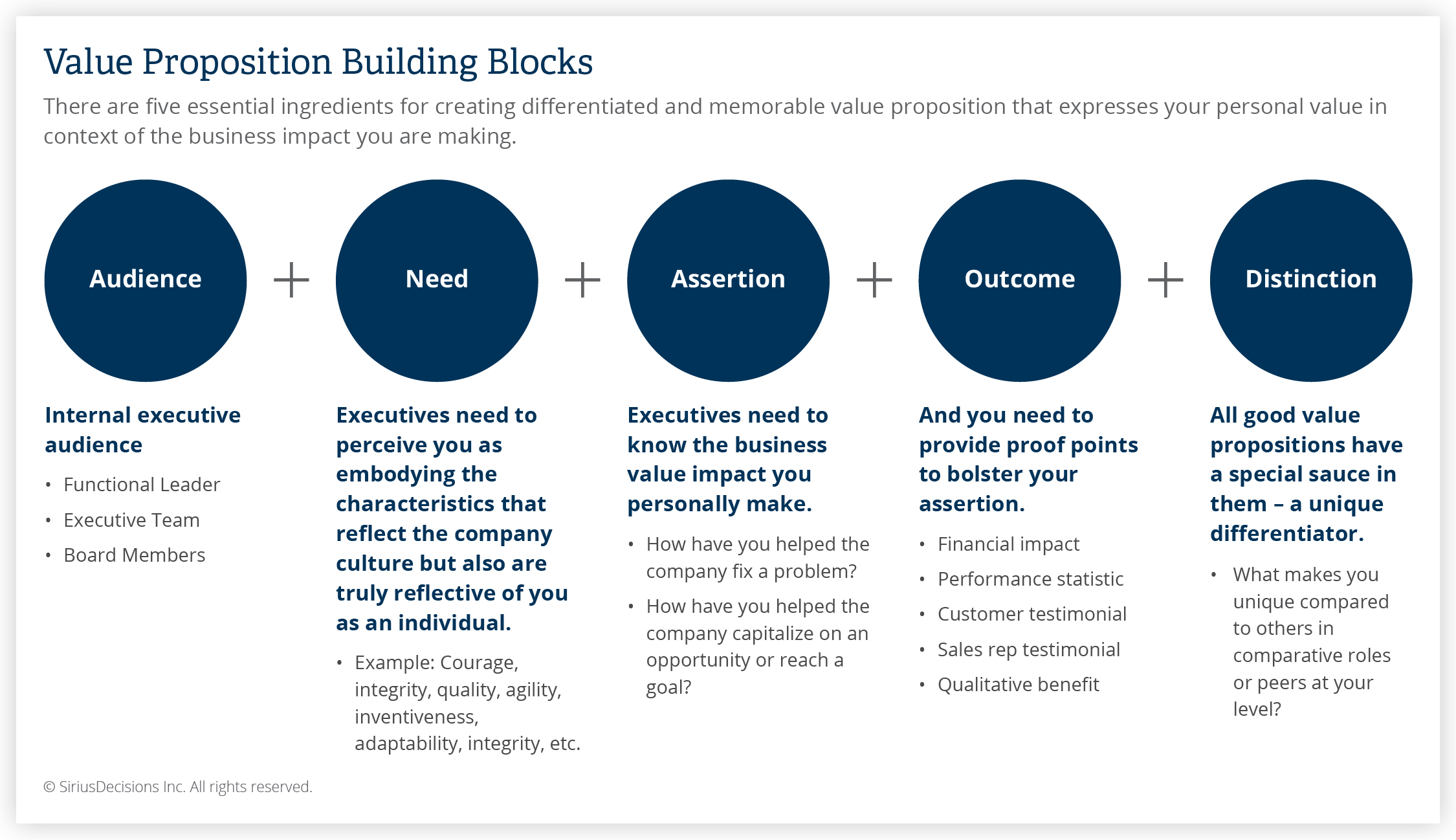Building Your Personal Brand in the Building
- Don’t wing it when it comes to building your personal brand — originating authentic and memorable messaging that resonates with your internal audience requires a structured methodology
- How you think you are perceived by colleagues and how you are actually perceived may not be in alignment — never assume people know what you stand for
- Most opportunities for promotion and growth stem from organizational shifts and confidential decisions — don’t leave those organic job opportunities to chance!
The Emmy award-winning reality competition TV series Survivor has been on the air for almost 20 years. The show places contestants on a remote island with nothing but essentially the clothes on their backs. Each week, one person is voted off the island by their fellow contestants, until the final remaining contestant is named the “sole survivor” and wins one million dollars. Whenever I watch this show, I am struck by the similarities between Survivor and corporate culture. Organizations are essentially ecosystems of people who, like the contestants on Survivor, have to build alliances and work as teams to compete for essentials — instead of food and shelter, it’s budget, prioritization and resources.
What I think most people don’t think about is how critical alliances are and the importance of the personal brand you project within your own building. Figuring out how to influence, navigate and foster your colleagues’ perceptions of who you are and what you stand for is the difference between career success … or maybe eventually getting voted off the island. Have you defined a personal value statement that effectively communicates what makes you special in a way that will resonate with your audience — the top executives at your company?
My advice to the associates whom I coach is to consciously be shaping the perceptions you hope for from your colleagues so they want to work with you. Ensure your most important audience segment, the top executives at your company, know who you are so that when new job opportunities open up due to organizational shifts (which are mostly confidential and decided on behind the scenes), your name — with your brand — is on their consideration list.
Use the SiriusDecisions Messaging Nautilus, a proven, best-in-class messaging methodology originally designed to help product marketers write audience-centric value propositions for their offerings, to create your own personal brand statement. SiriusDecisions research has found that there are five essential ingredients to a value proposition that resonate with its intended audience called building blocks. Devise your building blocks to compose your own personal brand elevator pitch that you can use internally when you meet with executives — whether it’s in the hallway, at an event, or quite possibly at the elevator doors.
- Audience. Identify the people within the organization who need to know your personal brand. Consider people beyond your boss such as his or her peers and then the upper management or board members who would be part of the decision regarding your promotion.
- Need. Define the emotive needs of your executive management team and boss. Consider addressing a cultural aspect that is admired in the organization or a characteristic that the CEO considers paramount.
- Assertion. Explain how you personally have contributed to a recent significant and visible initiative in the organization that is related to this need. Describe how you were instrumental in fixing a problem, solving for a business issue, meeting a challenge, enabling an initiative, producing results or reaching a goal.
- Outcome. Describe the business value that was achieved as a result of what you did. Consider including a proof point, potential results, performance data, customer testimonial, sales rep testimonial, financial metric, ROI or qualitative benefit.
- Distinction. Isolate the element that makes you unique compared to your peers who are at similar levels or roles in the organization. Consider addressing a unique attribute related to a skill that you have, subject matter expertise or experience. What is the brand reputation for which you want to be known for in the organization?

Think through each one of these building blocks and write them down. Don’t try to make them sound like completed prose just yet! Simply write down your raw thoughts and rough ideas without wordsmithing. Share your building blocks with selected colleagues, friends or family and get their constructive feedback. You want to make sure those building blocks reflect your authentic self — getting your inner circle’s thoughts truly helps to refine and validate your personal brand attributes. Once the building blocks are vetted, now the copywriting begins. Take the building blocks and string them together into one or two sentences to create your personal brand elevator pitch — it’s really that simple! The trick is to write the five components (building blocks) first, test them, get feedback and refine them. Once that process is complete, then write your personal value statement. This sequence ensures your value proposition will truly be a reflection of what makes you special and promotable specifically within your company, and most importantly, resonate with the top executives.